If Donald Trump, as Scott Jennings observed on CNN, is at the “apex of his political power,” then what comes next? In his inaugural address, Trump vowed that “American decline had ended,” and a “golden age of America” was about to begin. He essentially embraced what amounted to a form of liberation theology. “Liberation Day,” as Trump put it, would ensure the restoration of American sovereignty.
Trump barely touched on foreign policy. There was no mention of Israel. No word about Ukraine. No allusion to Russia. No nod to NATO or any other American alliance. Instead, it was McKinley all the time — William McKinley, the president who imposed high tariffs and embarked upon various imperial ventures, including the 1898 Spanish-American War. Trump wants to return Mount Denali to its original name of Mount McKinley, not to mention call the Gulf of Mexico by the term Gulf of America. Maybe Greenland will also be renamed Americaland.
But what really excited Trump was the prospect of reclaiming the Panama Canal, which opened in 1914. “We didn’t give it to China, we gave it to Panama and we’re taking it back,” he said. How he would accomplish this feat was left unsaid. But he fairly seethed with anger as he recounted the financial and human costs that America expended to build it in the first place.
After he went downstairs to Emancipation Hall where Republican governors and other worthies were waiting for him, Trump got down to brass tacks, delivering lengthy and angry remarks. It was clear that outgoing president Joe Biden had nettled, if not infuriated, him by issuing a flurry of pardons to the likes of Liz Cheney and Adam Kinzinger, both of whom helped lead the congressional January 6 investigatory committee. The wily old fox Biden outflanked him on his way out of office. Trump had wanted payback. Now that was being denied it.
Trump also ventilated his irritation at the theft of the 2020 election and maintained that he had actually won California in 2024. As House Speaker Mike Johnson and Vice President J.D. Vance looked on, Trump ended by contrasting his inaugural speech with his impromptu one in Emancipation Hall: “I think it was a better speech than the one I made upstairs.”
Next Trump signed a variety of proclamations. One stated that future inaugurations would always ensure that the American flag flew at full mast. Trump was irked that Biden had ordered American flags to fly at mast for thirty days to mark the death of former president Jimmy Carter. To Trump this represented an intolerable affront on the day of his second inauguration. He ensured that future presidents would not have to endure it.
At the same time, he apparently also ordered the removal of the portrait of former joint chiefs of staff chief Mark Milley. The portrait had been unveiled ten days ago. If Trump couldn’t prosecute Milley, thanks to Biden’s pardon, he could at least snub him, which is what he did.
When I mentioned these moves to Atlantic Council nonresident senior fellow Melinda Haring, she was unsurprised. “He’s angry and everyone is underestimating how radical he is,” she said. “There are no untouchables in his second term.”
Where Trump’s avidity for radical change will lead, however, remains an open question. Can he whip inflation now, to borrow the old term from the Ford administration? Can he really end the Ukraine war in a few months? And how will he deal with the upcoming debt limit crisis?
As giddy Republicans celebrate Trump’s improbable return, they might do well to recall the Whig statesman Sir Robert Walpole’s famous verdict upon the declaration of war against Spain in 1739: “They now ring the bells, but they will soon wring their hands.”



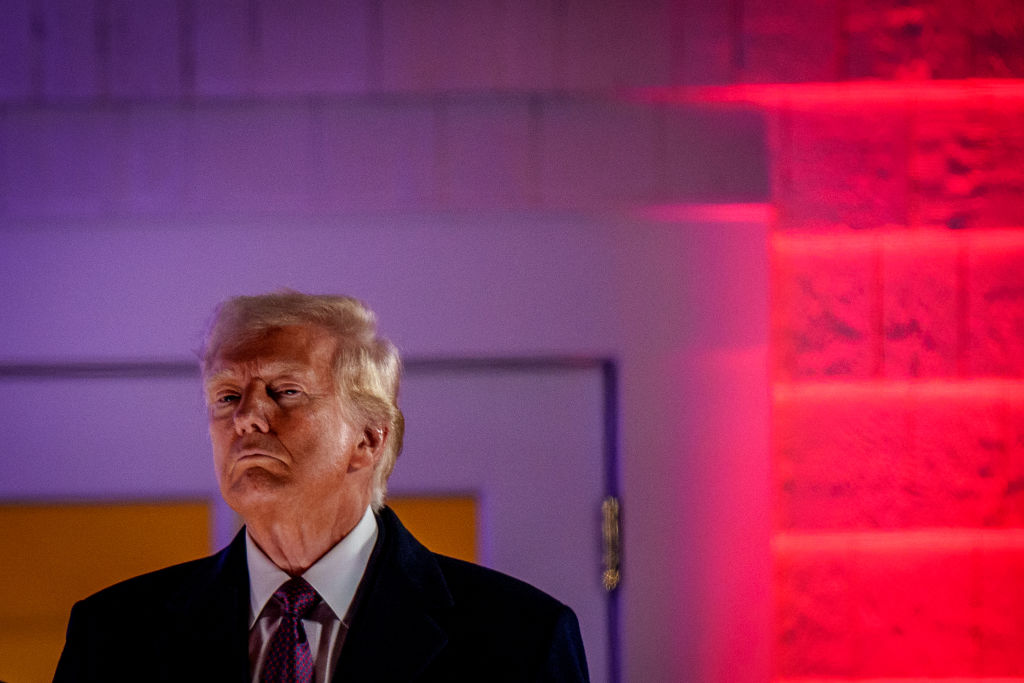






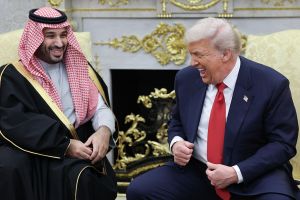




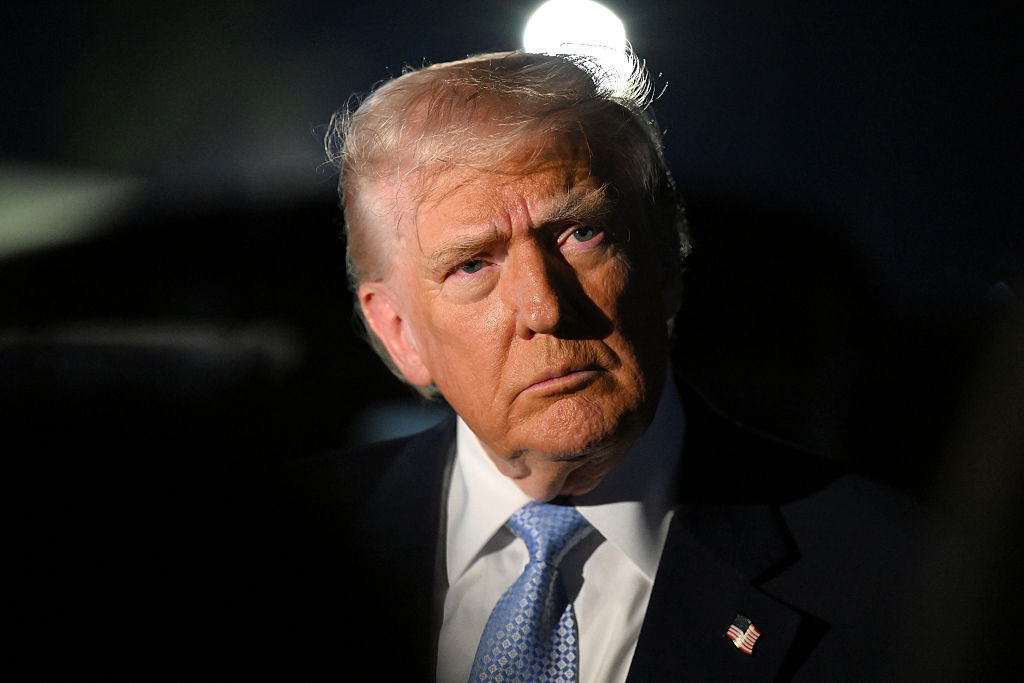
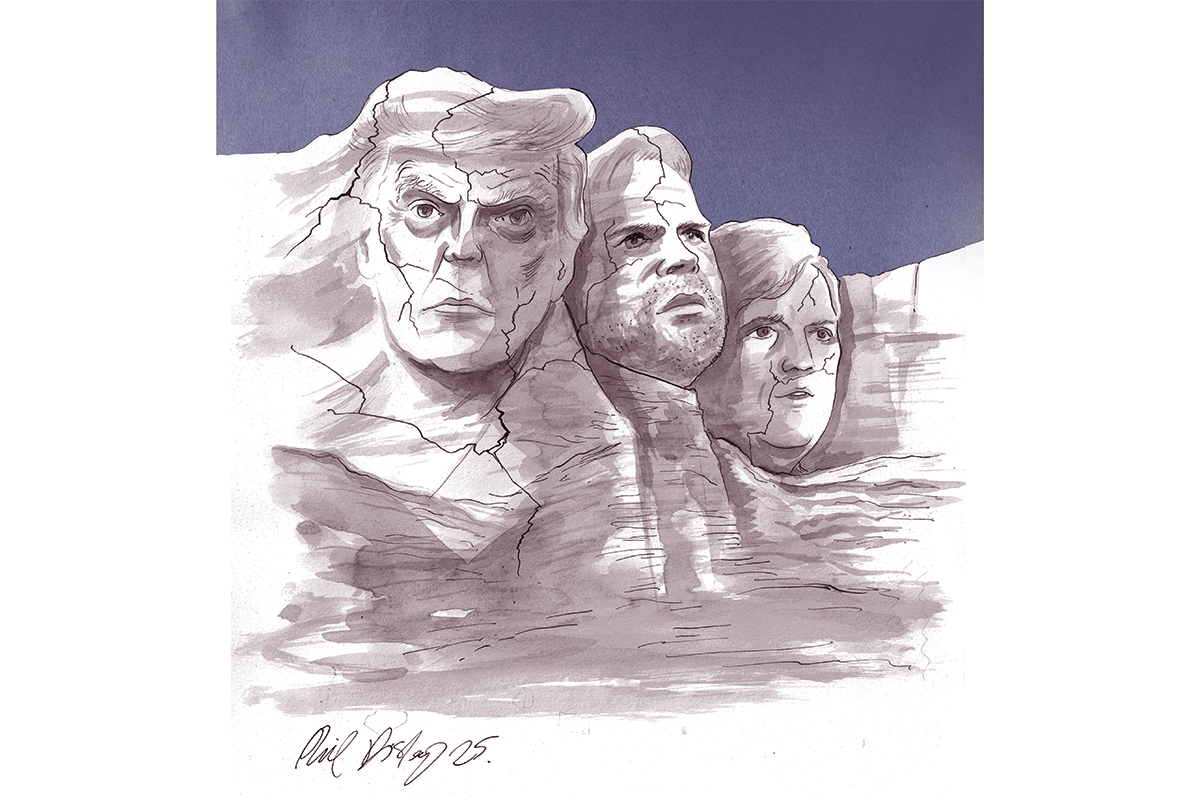
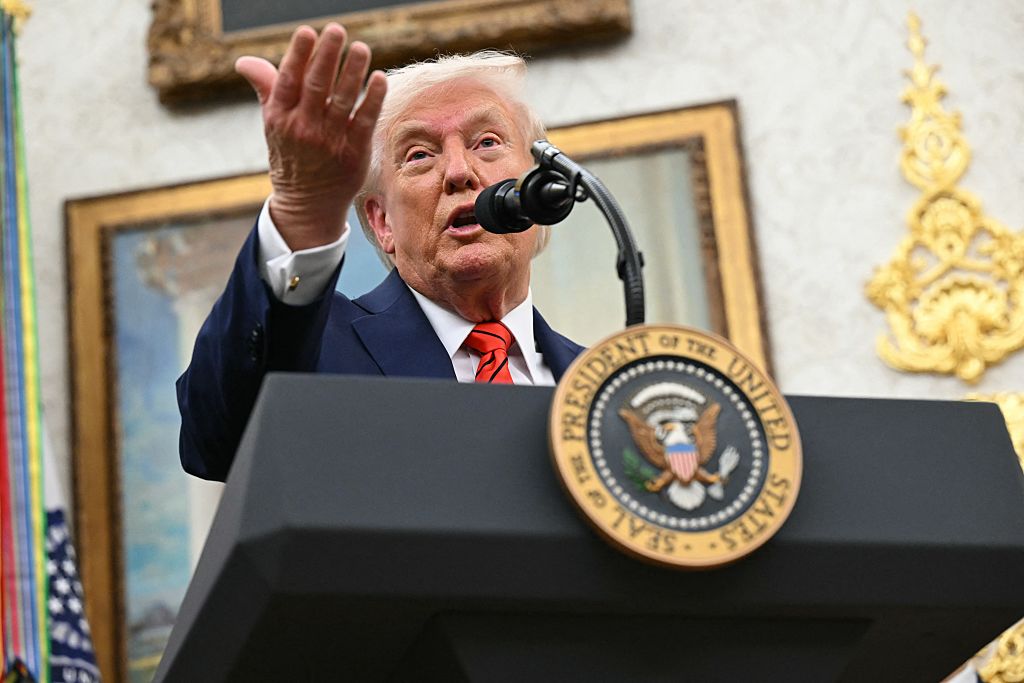








Leave a Reply